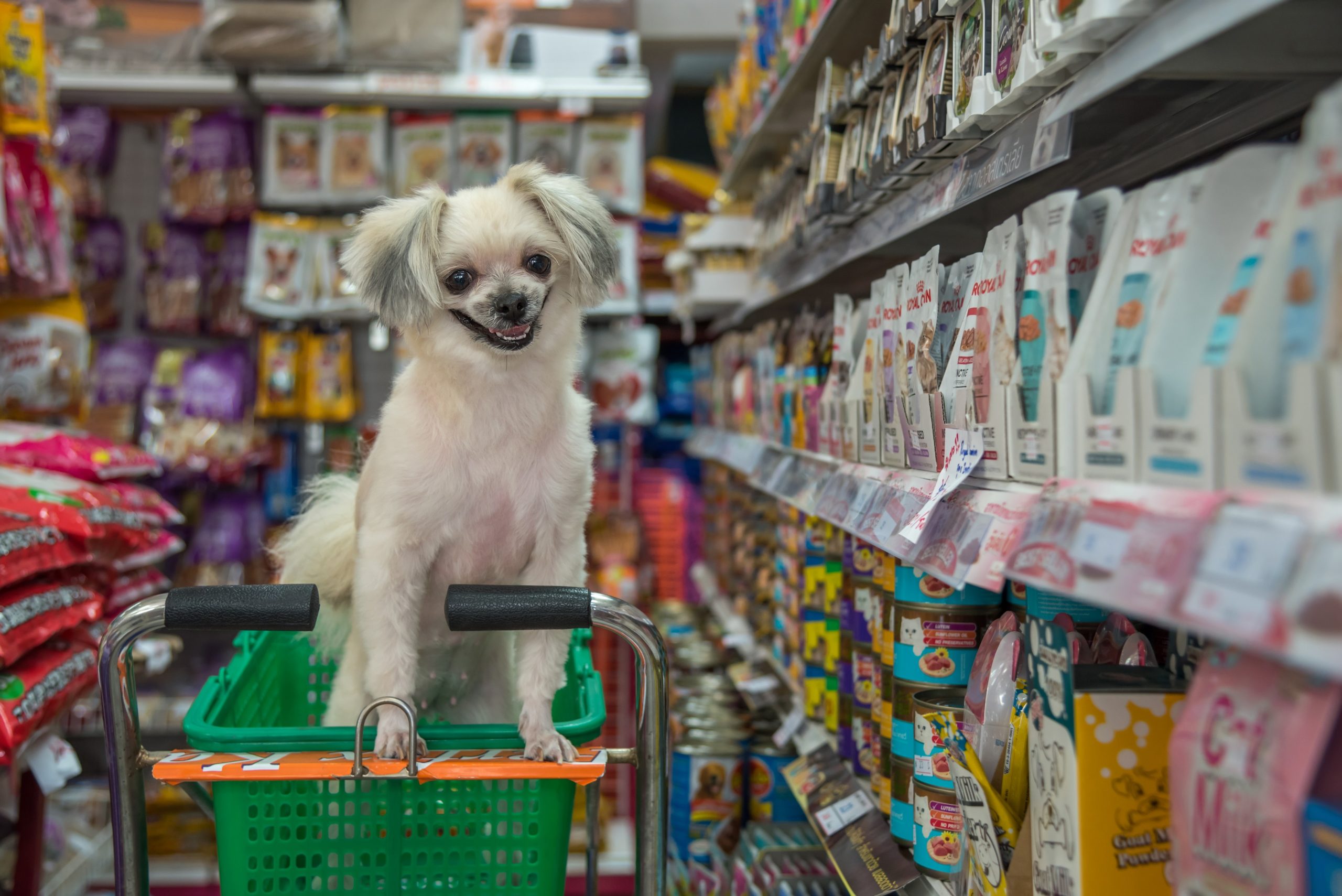State Rules and Regulations
Dan Calabrese //June 3, 2014//
A bill now under consideration in the Illinois state senate has raised concern among pet retailers because its language suggest it may force pet retail employees to personally confront dangerous animal abusers.
The law would establish a registry of animal abusers and prevent the sale of animals to anyone on the list. The concern among retailers, however, is that employees would be forced to check every purchaser against the list, and if a purchaser is found listed, the employee would have the responsibility to inform the purchaser he or she is listed as an animal abuser and cannot make the purchase.
Retailers are concerned that this puts their employees in the position of becoming law enforcement officers, and of dealing with individuals who may be violent or otherwise dangerous.
California
Those who obtain and sell dogs from overseas will want to watch a bill working its way through the California legislature.
The bill would require anyone importing a dog for the purpose of selling it to obtain a health certificate from a veterinarian, and the certificate must have been completed 10 days before the dog was brought into the state. It also must be filed with the county health department, either in the county where the dog is being sold or in the county where the purchaser lives.
In a similar move, Rhode Island is proposing a 48-hour quarantine on imported dogs.
Final Word
The U.S. Animal and Plant Health Inspection Service has finalized its revised definition of what constitutes a pet retailer, which was done to bring nontraditional pet sellers (as opposed to traditional brick-and-mortar retailers) under regulatory authority
Here is the new definition:
In the final rule, “retail pet store” means a place of business or residence at which the seller, buyer and the animal available for sale are physically present so that every buyer may personally observe the animal prior to purchasing and/or taking custody of it after purchase. By personally observing the animal, the buyer is exercising public oversight over the animal and in this way is helping to ensure its health and humane treatment. Retailers who sell their pet animals to customers in face-to-face transactions do not have to obtain an AWA license because their animals are subject to such public oversight.
Under the AWA regulations, a “retail pet store” is also a place where only the following animals are sold or offered for sale as pets: dogs, cats, rabbits, guinea pigs, hamsters, gerbils, rats, mice, gophers, chinchillas, domestic ferrets, domestic farm animals, birds and cold-blooded species.



















